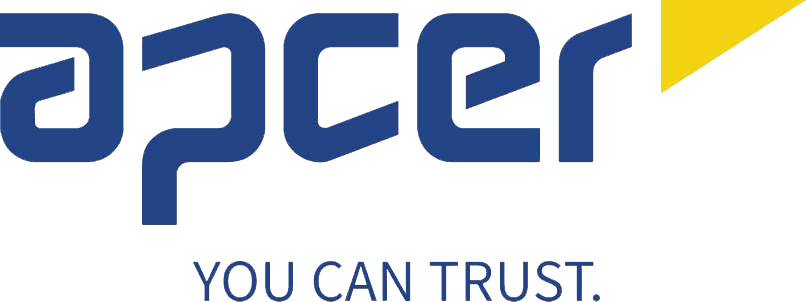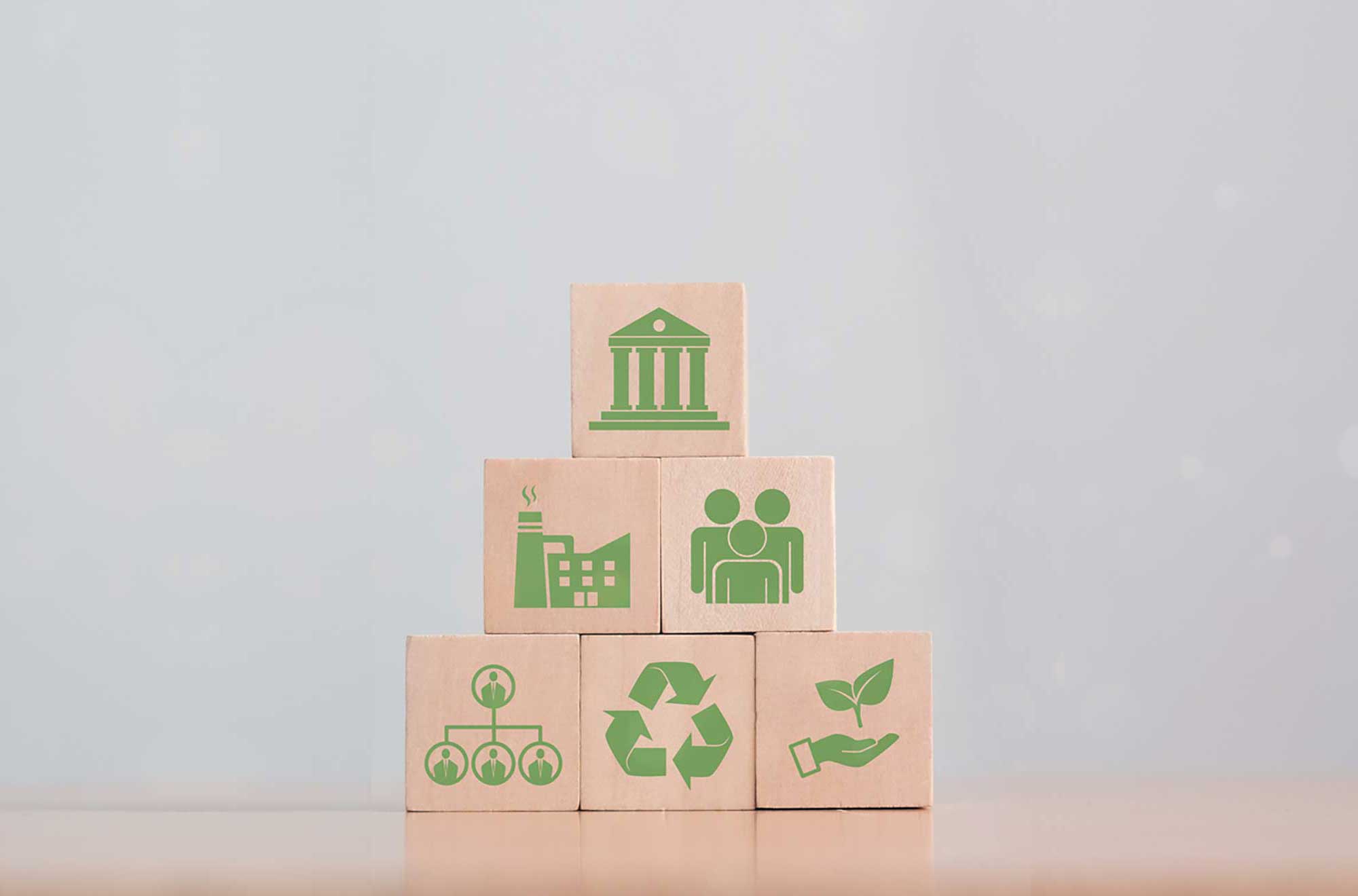The Higg Facility Environmental Module (Higg FEM) is an environmental assessment tool developed by the Sustainable Apparel Coalition (SAC) to measure and quantify the environmental impacts of production facilities in the fashion and textile industry.
The Higg FEM emerged as part of a joint effort between fashion industry leaders, NGOs, and sustainability experts, aiming to create a tool that promotes transparency and continuous improvement in production operations. This module is part of the Higg Index toolkit, created by the SAC, which aims to provide companies with a standardized way to evaluate environmental and social performance throughout the entire value chain.
Components Evaluated
The Higg FEM assesses a variety of critical areas in a facility's operations, including:
- Environmental Management System
- Energy and Greenhouse Gas Emissions Management: Analyzes energy consumption and associated emissions, encouraging the implementation of energy efficiency measures and carbon reduction.
- Water Use: Assesses water resource management, encouraging practices to reduce consumption and effective wastewater treatment.
- Waste Management: Examines waste production and management, promoting waste minimization and the implementation of recycling practices.
- Chemicals: Evaluates the use and management of chemical substances, encouraging substitution with less harmful alternatives and responsible management.
Applicability
The Higg FEM is applicable to a wide range of production facilities within the fashion and textile industry, including garment factories, weaving mills, dyeing plants, and other processing facilities. The tool is used by both large international brands and small to medium-sized enterprises aiming to improve their environmental performance and meet consumer demands for greater transparency and sustainability.
APCER as a Verifier
APCER is an approved verification body for Higg FEM verifications, possessing the necessary experience and qualifications to conduct these verifications rigorously and impartially. Our commitment is to ensure that facilities comply with the highest sustainability standards, contributing to a more responsible and transparent fashion industry.
Verification Process
The Higg FEM verification process involves several critical steps to ensure the accuracy and credibility of the reported data. As a verifier for the Higg FEM program, our role is essential in maintaining the integrity of the process.
The process includes:
- Self-Assessment: Facilities complete the Higg FEM questionnaire with detailed data on their practices and environmental performance.
- Independent Verification: APCER reviews the provided data, conducts on-site audits when necessary, and verifies compliance with the criteria established by SAC.
- Report and Analysis: Verification results are compiled into a detailed report, highlighting areas of compliance and identifying opportunities for improvement.
- Action Plan: Based on the report, the facility develops an action plan to address critical areas and continuously improve their environmental performance.
Verification Frequency
To ensure the continuity of good practices and continuous improvement, Higg FEM verifications must be conducted annually. This frequency allows for regular monitoring of the environmental performance of facilities and facilitates the implementation of corrective actions more effectively.














